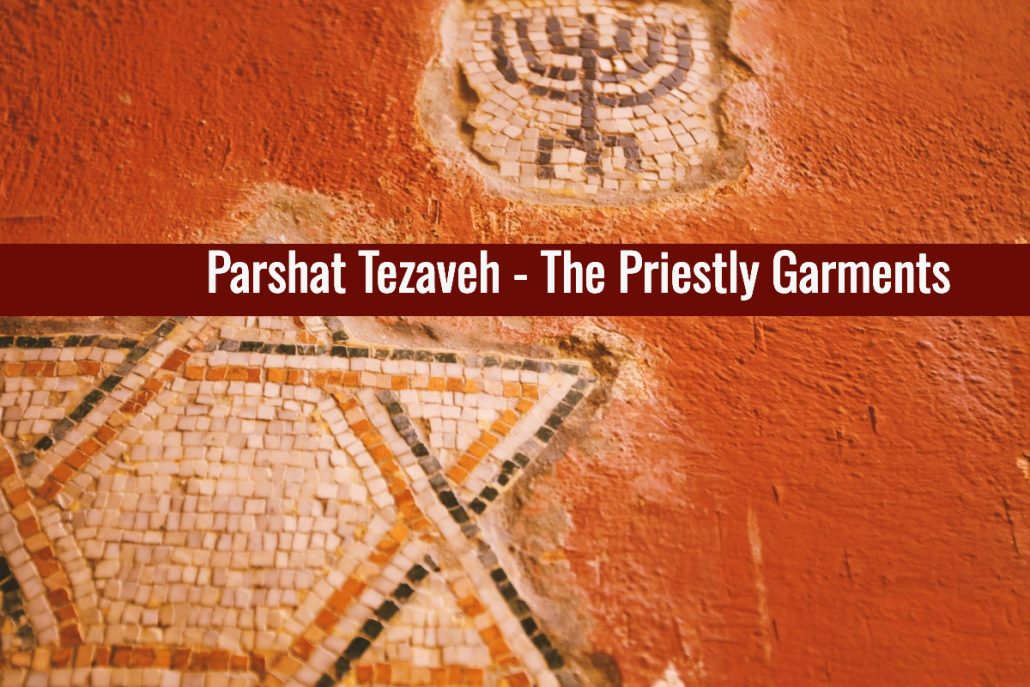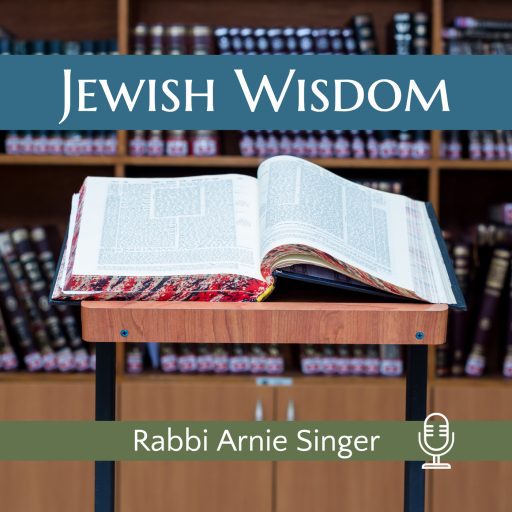The main subject matter of this week’s Parsha (Torah portion) of Tzav, and most of the Torah portions in the book of Vayikra, are korbanot, which in English is translated as sacrificial offerings, sacrifices. But the real translation of the word korban is to come close — closeness. And the way we achieve closeness between […]
In Parsha Tetzaveh, the Torah commands us to create clothing, special clothing, for Aaron and his sons, for the Kohanim. And the Torah says the reason for that clothing is l’kavod, for honor, or litifaret, and for beauty. Now, there’s no other mitzvah in the Torah that requires wearing special garments other than the garments of the Kohanim, […]
Parshat Lech Lecha includes two covenants (Britot). The first covenant is the Brit Bein Habetarim, in which God tells Abraham to cut 9 animals in half and then the fire of the Divine Presence passes between them. In this covenant God promises Abraham that even though his children will be enslaved for a period of […]
In the Parsha of Ekev, Moshe reminds the Jewish People that God provided them with Manna in the wilderness. In Chapter 8, verse 3 he says that God fed you (the nation) the Manna that you and your fathers were not familiar with, in order to teach you that “man does not live on bread […]
The Book of Devarim teaches us a very important life lesson about overcoming challenges and obstacles. Devarim is different than the other five books of the torah because it is a monologue spoken by Moses during the last few days of his life, while the Jewish People were camped in the Plains of Moab on […]
In this podcast episode Rabbi Singer discusses the weekly torah portion (parsha) of Vayakhel and explains a couple of major topics discussed in it. You can apply the important lesson you’ll learn from this teaching to your daily life.
There are two ways that Divine Providence can affect, or interact with, the world. One way is for Divine Providence to emanate from the heavens without any prodding from the world “below”. An example of this is the miracle of the splitting of the sea. According to the Talmud the Jewish People didn’t merit a […]
One of the most powerful questions that arises from the story of the Exodus is how could God harden Pharaoh’s heart without stripping him of his free will to decide between good and evil? I’d like to convey two answers offered by one of the greatest Torah scholars of the early twentieth century, Rav Shlomo […]
At the beginning of Parshat Vaera, God tells Moshe that His name is Hashem – the four letter name that is unpronounceable. God then says that He never revealed this name to Abraham, Isaac, and Jacob. Why not? Were they not worthy enough to hear that name? Rashi explains that the “name” represents absolute truth. […]
I’ve been getting requests from people who ride the public transport system and like to listen to Torah on their ipods, so here you go! Listen to a podcast on Parshat Vayigash-Vayehi right here. Just right-click and hit “save link as” to download.
- 1
- 2





